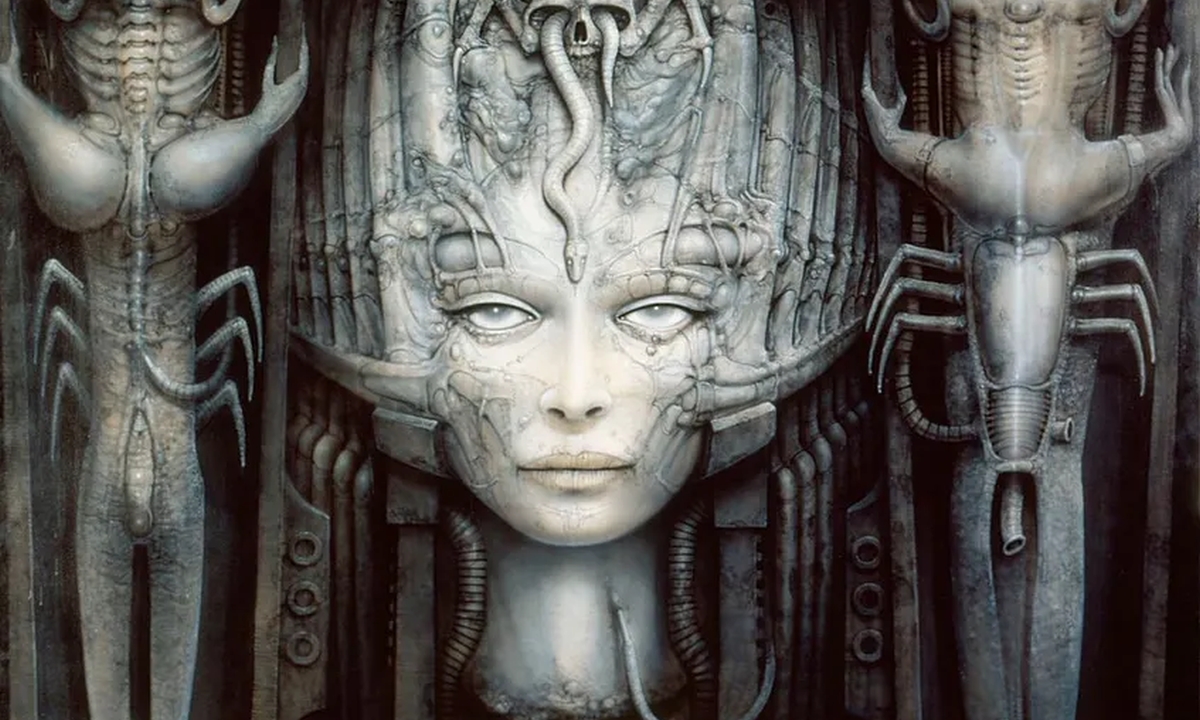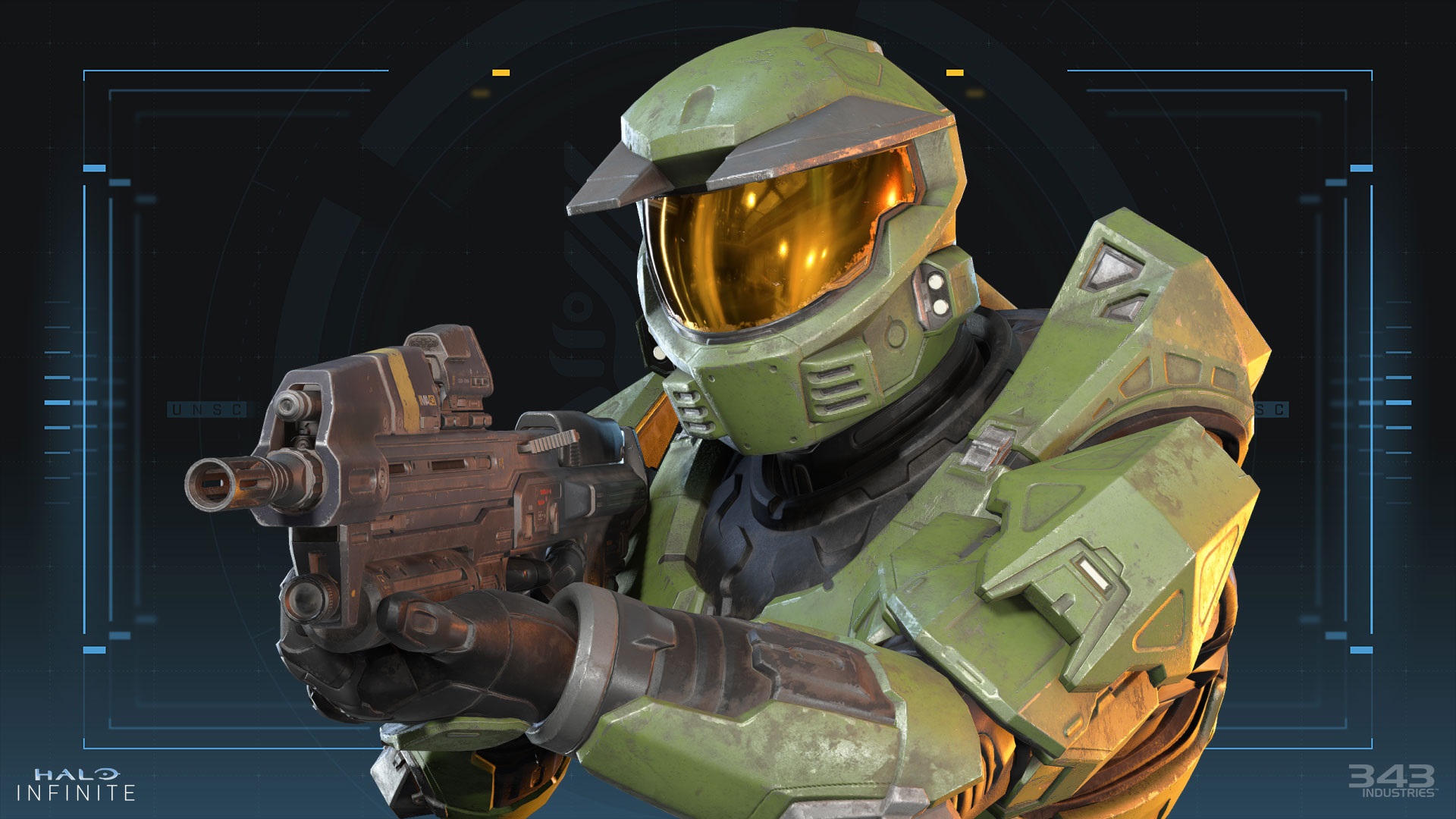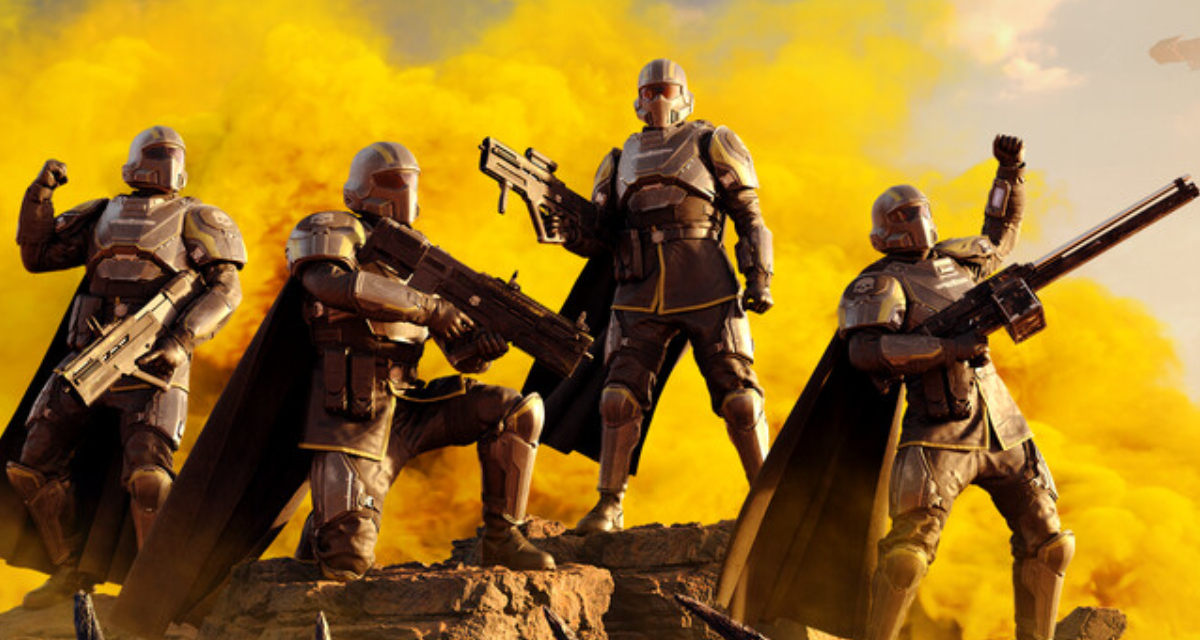
We're rerunning Richard Cobbett's classic Crapshoot column, in which he rolled the dice and took a chance on obscure games—both good and bad.
From 2010 to 2014 Richard Cobbett wrote Crapshoot, a column about rolling the dice to bring random games back into the light. This week, while most of the games based on the Alien series are too well known for Crapshoot, there is… another.
Dark Seed was an odd little game, and not what most people expected. Not quite. Definitely not what it seemed to be at first glance—a dark horror game that would give the world endless nightmares, which the publisher claimed at the time had caused the art team to have to seek counselling after exposure to HR Giger’s freaky biomechanics horror show. (A claim that, while possible, does rather seem to lie somewhere between ‘hyperbole’ and ‘complete balls’). Was it a good game? Not really. But it did at least turn heads, some of them covered with veins harvested from long dead science gods, so let’s pay a visit to the house that Hell made, and only an idiot named Mike Dawson would actually buy.
It doesn’t look so bad on the outside. But inside? The estate agent must have giggled all week.
Dark Seed is really the story of a great estate agent more than anything else. The in-game description of the mansion Mike somehow managed to buy—on a writer’s budget incidentally—goes as follows: “Your house seems somehow out of time, a relic of a dark past, or perhaps a dark future.”
It’s like he got drunk, bought it on eBay, and woke up the next morning to find the keys in the mail and the original vendor already half-way through spending his life savings on booze and a stripper called Sinnermyn Buns. Every room is more unappealing than the last. Mike’s bed is “uninviting”, his lounge “decrepit”, his kitchen, my favourite, “you wouldn’t want to eat anything from this kitchen until the cleaning lady has disinfected it.” Upstairs, windows are broken, outside, the garage entirely filled with a broken-down car.
You know you’ve made poor decisions when you step through a magic mirror into a nightmarish world built of death and decay, and your house looks only slightly better. Full of talking points. Well, spikes. But if you put a head on them, they would talk.
Now, the big problem with the whole ‘evil mirror’ thing is a bit of a doozy. Specifically, that the first time Mike sleeps in his new house, he finds himself in an alien lab being implanted through a skull-vagina with an alien embryo. This is a bit of body horror that should rightfully unsettle all, though it must be said that it would probably be scarier if it didn’t look like it was being done with a pinball machine’s ball-shooter.
And this is what happens to kids who TILT! the machine one too many times.
Is it a problem? Sure. But, headaches and the alien child embedded in his skull notwithstanding, the portal to the Dark World is actually the best thing about Mike’s house. Great for extra storage space, at least. More interesting neighbours than the dullards who live in the town down the hill.
Most weirdly, exploring it reveals that while there are some people who are Seriously Bad News—notably the baddies, called simply The Ancients, and the Dreketh Guard who conduct their business—most Dark Worlders are actually pretty amiable guys. The sequel really hammers this home, with Dark World barmen, Dark World gunsmiths, and Dark World floozies who just hang about in Dark World bars all day.
Mike actually ends up getting on with them much better than most of the regular human characters, with a couple of Dark Worlders sacrificing themselves so that he can live and save the day, and the ones who do end up causing him a horrible death usually not really meaning to.
In the Dark World, comedy is horror. Not just the ones by Seltzer and Friedberg.
This is largely what makes Dark Seed odd. That and the fact that its co-designer decided that the best lead for this high-profile game to shoot to the heights of stardom would be he, Mike Dawson. That doesn’t happen very often, and Dark Seed 2 shows why. “Mike Dawson” is still the star of the sequel, despite Mike Dawson having moved on by this point—his role now played by a guy called Chris Gilbert and with a script that suggested it was meant to be his teenage years or something before turning into nothing short of outright character assassination. His greatest failure, as a protagonist, and choosing just one is pretty difficult, has to be spending the whole game with the portal to the last room and everything he needs hidden in his cupboard, which he hasn’t checked because as a child he was scared of it, so his mother pretended to lock it, and he has never tried opening it again.
That game at least got pretty dark, with many murders, secret cults and such amongst the wackiness. In Dark Seed though, the horror is almost entirely limited to the intro, where Mike gets implanted with a demon seed, the rest being a reasonably stock adventure game that just happens to use Giger artwork. They’re all existing paintings, toyed around with, painted over, composited and otherwise altered to become videogame spaces or characters, notably the Keeper of the Scrolls, represented by this snake-headed lady who Mike ultimately humiliates himself in front of by declaring “I’d bow, but I’m too embarrassed!” Dark Seed actually makes this work OK, though Darkseed 2’s need for more locations makes its use of other images fairly tenuous—most of its outdoor locations having to rely on just slapping an oddly functional walkway on Giger’s art.
The normal world—for no apparent reason the Dark Worlders happily give us that—was more conventional game artwork, limited by the graphical resolution of the time to just a handful of colours. This was quite effective, going from brown and green around Mike’s house to blues and greys through the portal, though again, really didn’t help make said house look like anything but a mossy insult to the words ‘great fixer-upper opportunity’. Speaking of which, on his first trip to the Dark World, looking at the alien horrors of a place devoted to torture and medical experimentation that would make Josef Mengele call foul, the description is “The orientation reminds you somewhat of the front of your own house.” If you can say that of anything in the Dark World, it’s time to check the insurance and start a little fire.
Dark World building crews must be paid well not to care what the hell they’re making.
I’ve not really mentioned the game itself, because there’s not a vast amount to it. It’s notable for running in real time—three game days, after which the alien implanted in Mike’s head kills him. That’s not much time, and you really have to know exactly what you’re doing to beat Dark Seed in time. Most puzzles are largely nonsensical, like having to meet your neighbour at a specific time—and a watch is not provided, by the way, though you can find one lying around—to get a stick that you later throw to the Dark World version of his dog to kill it, or the fact that your first trip there is devoted not to information-gathering or retrieving some amazing Dark World biotechnology, but… a shovel. Which you dig with.
Yes, you dig into a grave with it, which is suitably spooky, and there’s no hardware store in town, but still. When you’re jumping dimensions to buy a basic gardening device, you know something’s gone seriously kooky in designville. Though again, it’s further proof that the Dark World portal can be a real asset. Who needs a rubbish bin when reverse people probably consider your leftovers haute cuisine?
The more you wander, the odder things get. For instance, Mike won’t go into any buildings in his town without taking a shower, just to soak up valuable time, and one of those shops is called “Klug’s Food Market”. Mike Dawson has chosen to move to a town whose food is entirely controlled by a man named “Klug”. Descriptions get florid to the level of, well, the highlight has to be the library: “A venerable repository of knowledge, it guards its bounty behind a handsomely decorated structure.” You also have to remember to take aspirin every morning, or all dialogue and descriptions are swamped out by “Boy my head hurts!”, “My head feels like it’s about to explode!” and “These nightmares have given me a mean headache!” Eeyore complains less than Mike Dawson.
Mike’s nightmares have nothing to do with the Dark World. He just overheats from sleeping in his clothes.
The strangest puzzles are the ones that play with the two dimensions, mostly because the rules are never particularly well-established. Things that happen in one world can affect the other, and that’s fine. A car radio for instance is linked to an alien spaceship. But then you get oddness like a scene where Mike is thrown in jail for graverobbing in the real world—escaping by handing the police a literal “Get Out Of Jail Free” card, incidentally, albeit a lawyer’s business card rather than the straight-up license to commit a crime in Harvester. Not content with immediately stealing a cop’s gun from the wall on his way out though, this is all part of a Plan. Mike is able to leave objects behind in the cell and subsequently retrieve them when he again gets arrested in the Dark World. Except that nowhere else are they that connected. The closest is that opening a door in one world can open a vital secret door in the other, with the two worlds not mirroring each other down to that level of detail at any other point in the game.
Oh, and the main item you need to leave? A tiny bobby pin, which is only a couple of pixels on the floor of a library that you have no idea exists or that you’ll need later on. Dark Seed loves its player-screwing moments, with puzzles, tight time limits and straight up murders, like having a lever be electrified for exactly no reason. If you take too long in the Dark World, Mike also falls asleep for an instant death.
Why not get the official Dark Seed haircut? Thin around the edges, messy at the back, finished off with a close shave.
Throughout the whole thing there’s an odd lack of writing or storytelling, with Mike largely just stooging around to his death and the solution coming primarily from doing enough stooging to be able to do everything fast enough and in the right order. To hang a rope from his attic for instance so that when the police come to arrest him, he can still get in and out.
Even the ending is oddly short, featuring the town librarian (our world’s version of the Keeper of The Scrolls) just showing up at Mike’s door to say “I’m not sure why I’m here, but I just felt drawn to you” and handing him some pills to solve his problem, at which point he somehow doesn’t say “Wow, thanks, these would have been really useful three days ago! ” but does at least have the brains to put his stupid, crumbling house back on the market. I’m not quite sure how the next buyers will react to knowing he had it for less than a week before running screaming back to his hometown in Texas. But that’s another, much, much, much stupider story.
For all of Dark Seed’s failures as a game—being frustrating, vague, poorly written, and oddly tame—there’s no arguing that the Giger artwork wasn’t a real asset. For this first part at least, it let Cyberdreams craft a genuinely alien-looking world. In another developer’s hands it might have been a true horror classic, or, y’know, good.
Cyberdreams tried to follow this partnership up by teaming with Syd Mead, the guy who designed the future stuff in films like Tron and Blade Runner, for a game called “CyberRace”, which was instantly forgotten, and then most successfully with Harlan “Say My Name Three Times and I Appear” Ellison for the far more successful I Have No Mouth and I Must Scream. And then Noir, one of the most boring adventure games ever made. The less said about that one the better.
Of course, to say that Giger’s art only appeared in Dark Seed is to miss a whole pile of other games, mostly with the word ‘Alien’ in the title, but also in the thoughts of many designs that have borrowed elements of his style. Just take a look at that snake-headed lady. Where have we seen something similar?
(Image credit: Nightdive)
So, farewell Mr. Giger. I shall end on my favourite story of your life, which has nothing to do with your work as such, nor your contributions to very creepy artwork, but is simply reading that at least one point, you put the full-size Alien behind your front door, just to scare the shit out of visitors.
That’s the kind of evil I think we can all get behind. My coat-rack just doesn’t have the same oomph.





